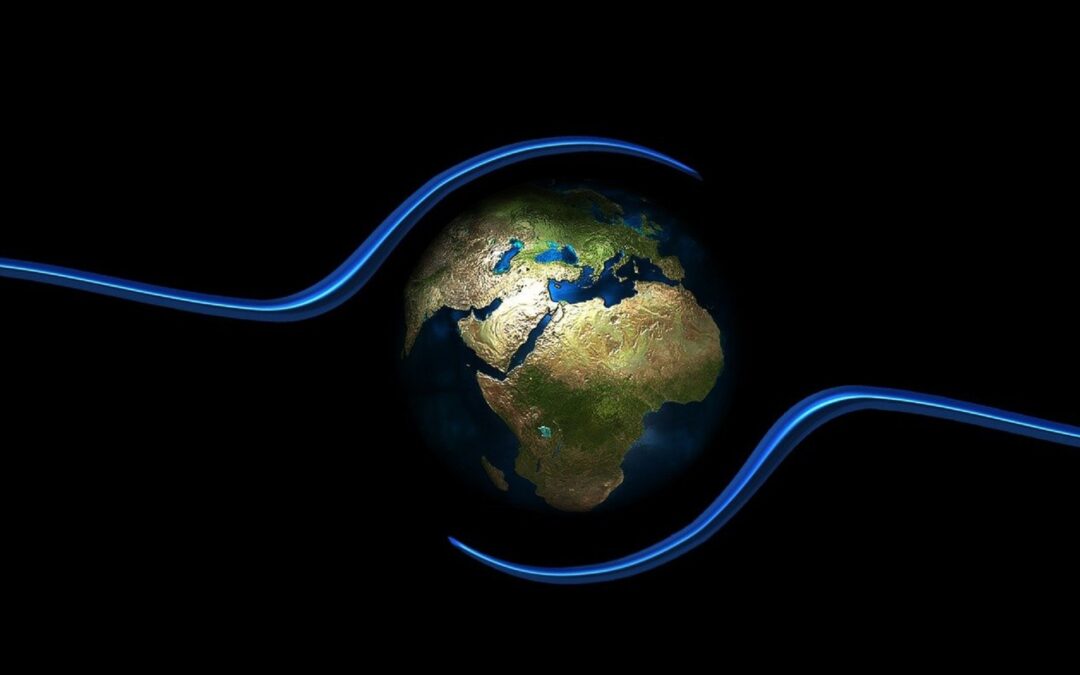Davos 2022 started with a call to ease tensions and harness diversity by working together, as the world’s most populous nations took centre stage.
Davos 2022, taking place virtually because of the ongoing global pandemic, began with messages of collaboration and optimism from India and China, while the World Economic Forum warned that the world faces rising tensions along with climate challenges and poor social cohesion.
President Xi of China, called for an end to “cold war” thinking around the world, warning that suspicion and ‘zero sum’ approaches will only hold back vital investment. This comes amid trade tensions with America and the announcement of the EU’s huge new Global Gateway international development programme, seen by many as a move to rival China in places like sub-Saharan Africa.
Prime Minister Modi of India presented a more optimistic outlook based on the same principle, saying that India’s multi-lingual, cultural environment “is not only our strength but the strength of the world”. He spoke about his nation’s desire to work with others to tackle the pandemic and to further expand India’s economy, which was the world’s fastest growing in late 2022, ahead of Saudi Arabia and France.
That collaboration will be much needed and UN secretary-general Antonio Guterres, focused on the need for industry to work harder to tackle global crisis. Speaking virtually, he warned that the “global financial system has failed” poorer countries, with many held back by debts and poverty traps amid the climate and pandemic crisis. So he said governments, business and multilateral organisations need to work together and support real change, especially if the world is to successfully tackle climate change.
Nelson Ogunshakin OBE, Chief Executive of global engineering trade body, FIDIC, welcomed the message of collaboration: “With the focus on the ‘state of the world’, it is heartening to hear the UN secretary general Antonio Guterres opening statement with three key messages; on making vaccine production available to developing countries, reform global financial system and support for real plant protection in developing countries, and to hear President Xi of China and Prime Minister Modi of India open talks at Davos with messages of collaboration and good relations.”
“Recovering from Covid, international development and tackling climate change all require a cross-border approach. The infrastructure sector, like pharmaceuticals and finance, is ready to act globally and work with governments and international bodies to achieve those aims.”
The theme for Davos this year is ‘the state of the world’ and immediately before the week-long event, the World Economic Forum (WEF) set out its risk report for 2022. It made clear that rising risks include failure to take sufficient climate action, resource competition, falling social cohesion and geopolitical instability.
Nelson Ogunshakin added: “It is hard to escape the fact that Davos 2022 comes at a tough time for the world but the challenge set out by the World Economic Forum can be overcome. Investing globally in the right infrastructure will lead to greater social cohesion, reduced poverty, better climate outcomes and an improved response to major shocks like the pandemic. We need to remember that we benefit most by addressing these challenges collaboratively and the global engineering profession are well positioned to collaborate with stakeholders and achieve the greatest possible outcomes. These are the challenges FIDIC wish to tackle through our Infrastructure based Global Leadership forum to be establish in the very near future.”
The post Davos: China and India promote co-operation appeared first on Infrastructure Global.

